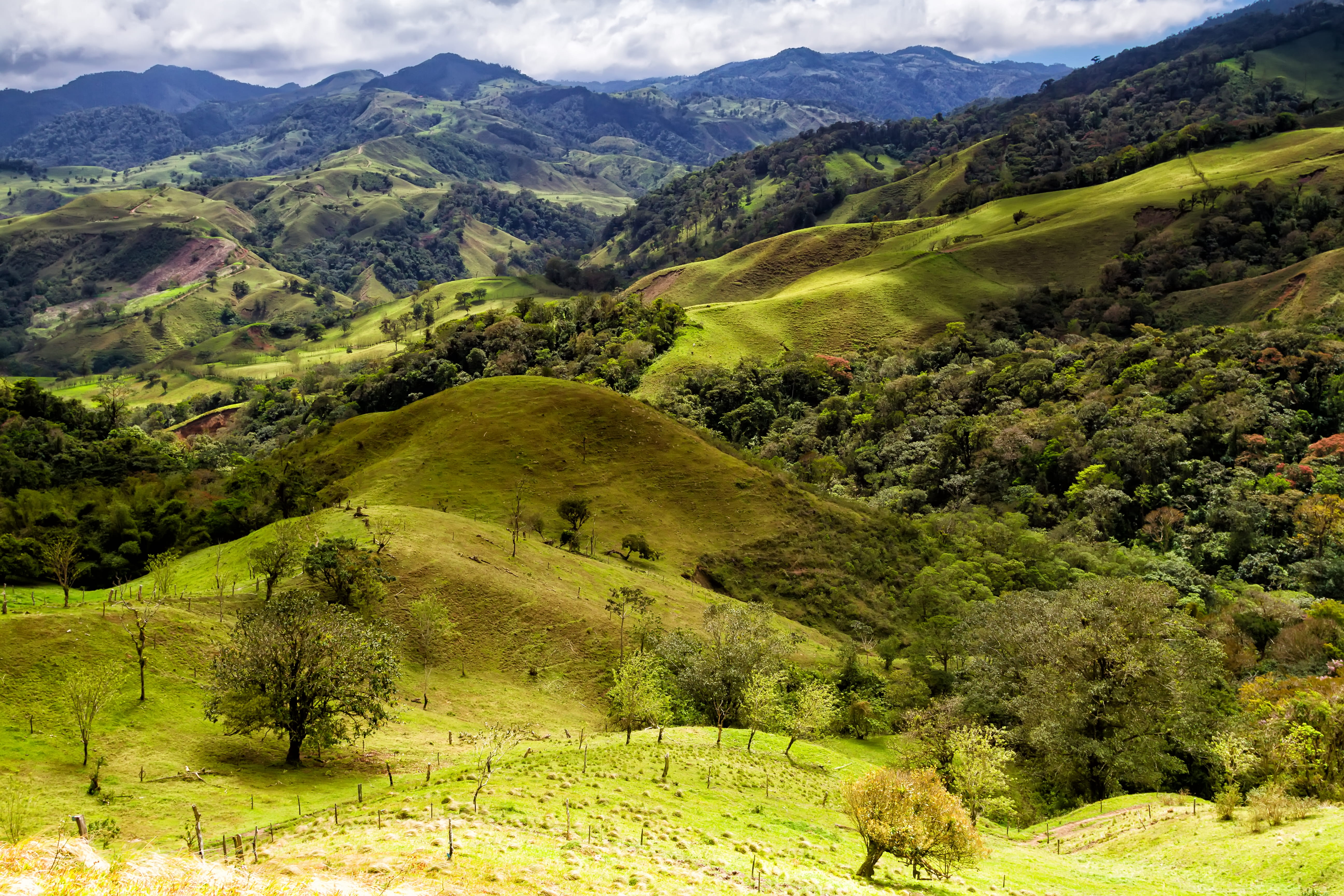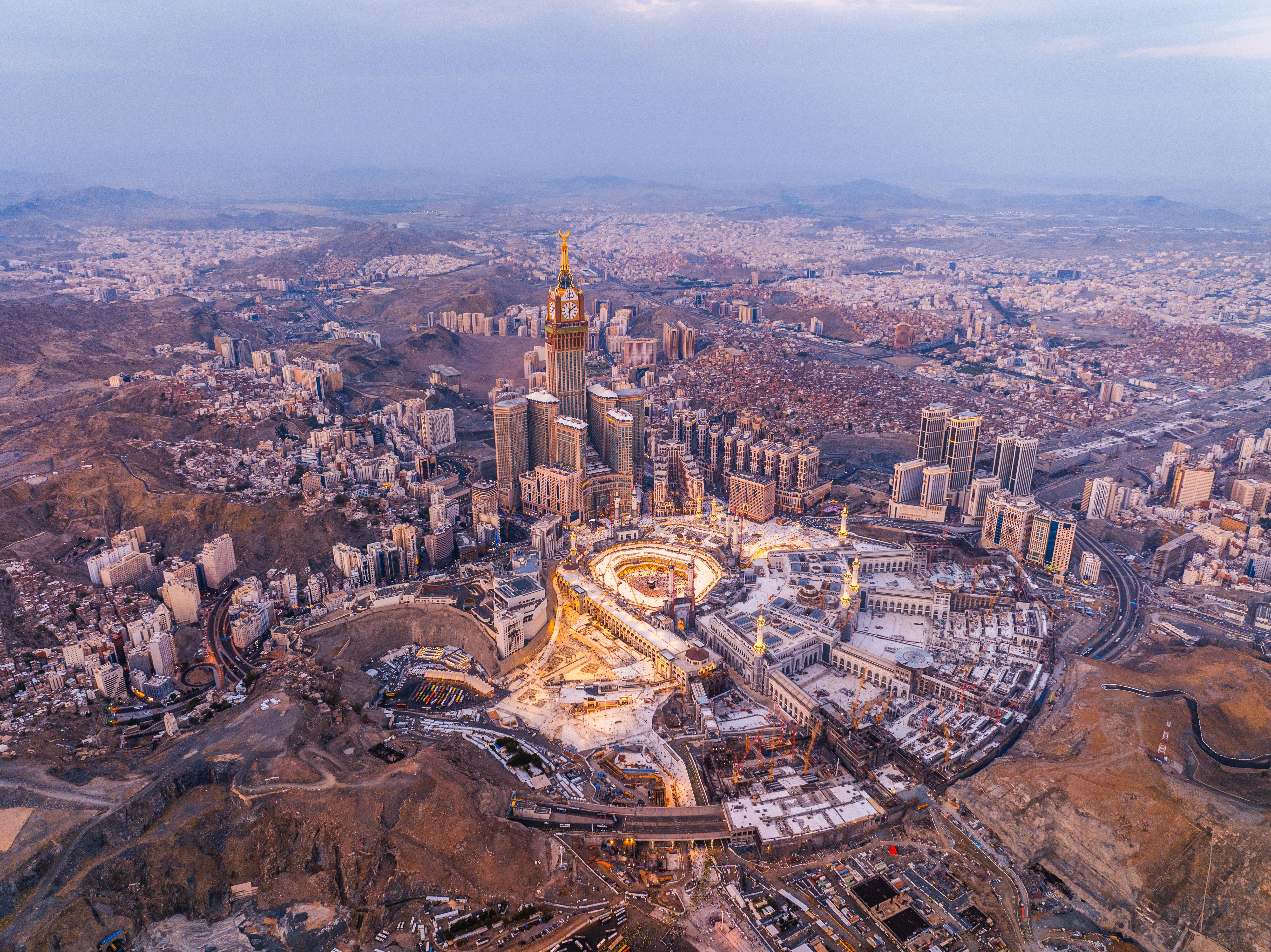Ramadan Tips and The Best Iftar Meals for Ramadan
March 24th 2023
Ramadan is a month-long religious observance in Islam that involves fasting from dawn to sunset. It is the ninth month of the Islamic calendar and is considered to be the most holy month for Muslims. During Ramadan, Muslims abstain from food, drink, and other physical needs during daylight hours. The fast is intended to help Muslims develop self-discipline, self-control, and empathy for those who are less fortunate. Ramadan is also a time for increased prayer, reading of the Quran, and charitable giving. The month of Ramadan concludes with the celebration of Eid al-Fitr, a festive day that marks the end of the fasting period.
Ramadan is a holy month that is observed by millions of Muslims around the world. It is a time for spiritual reflection, self-improvement, and increased devotion to worship. Here are some tips for making the most of your Ramadan experience:
Start preparing early: Ramadan can be physically and mentally demanding, so it's important to prepare yourself for the month in advance. This can include adjusting your sleep schedule, planning your meals, and setting goals for your spiritual growth.
Eat healthy: During Ramadan, you will be fasting during the day, so it's important to eat healthy and nutritious meals during the night. Choose foods that are rich in protein, fiber, and complex carbohydrates to help sustain your energy levels throughout the day.
Stay hydrated: Drinking plenty of water during the night is essential for staying hydrated during the day. Aim to drink at least 8 glasses of water between iftar and suhoor.
Take breaks: It's important to take breaks during the day to rest and recharge. Use this time to read the Quran, meditate, or take a nap.
Give back: Ramadan is a time for generosity and giving back to those in need. Consider volunteering at a local charity or making a donation to a worthy cause.
Connect with others: Ramadan is a time for community and connection. Reach out to friends and family members and share your experiences and reflections with them.
Practice self-reflection: Use this time to reflect on your personal values, beliefs, and goals. Use this opportunity to make positive changes in your life and strive for self-improvement.
Stay positive: It's important to maintain a positive attitude throughout Ramadan, even when faced with challenges. Remember that this is a time for spiritual growth and self-discovery, and focus on the blessings that come with the month.
Be patient: Fasting can be challenging, but it's important to be patient and persevere through the difficulties. Remember that this is a time for self-discipline and growth, and that the rewards of Ramadan are worth the effort.
End on a high note: As Ramadan comes to a close, make the most of the final days by increasing your worship and devotion. Use this time to reflect on your achievements and set goals for the future.
Ramadan is a special time for Muslims around the world. By following these tips, you can make the most of your experience and grow spiritually during this holy month.
Muslims fast from dawn until dusk, abstaining from food and drink, as well as other worldly pleasures. Iftar is the meal that breaks the fast after sunset, and it is an important time for families and communities to come together and share a meal. In this blog post, we will be sharing some of the best Iftar meals for Ramadan, including delicious and nutritious recipes that are easy to prepare.
Ramadan is a month-long period of fasting observed by Muslims around the world. During this time, Muslims abstain from food and drink from sunrise until sunset, and then break their fast with a meal called iftar. Iftar is an important meal, and it is traditionally shared with family and friends. In this blog post, we'll be discussing the best iftar meals for Ramadan.
Dates and Water
One of the most popular iftar foods is dates, which are traditionally eaten by Muslims to break their fast. Dates are high in natural sugars and can help to replenish the body's energy levels after a long day of fasting. Dates are also a good source of fiber, which can help to regulate digestion. Drinking water is also important to rehydrate the body after a long day of fasting.
Samosas
Samosas are a popular savory snack that is often eaten during iftar. They are usually made with a crispy pastry shell and filled with spiced vegetables or meat. Samosas are often served with chutney or yogurt dip, and they are a great way to satisfy hunger after a long day of fasting.
Ingredients:
1 cup all-purpose flour
1/4 cup vegetable oil
1/2 teaspoon salt
1/4 cup water
1 cup boiled and mashed potatoes
1/2 cup boiled green peas
1/2 teaspoon cumin seeds
1/2 teaspoon coriander powder
1/2 teaspoon garam masala
1/2 teaspoon red chili powder
Salt to taste
Oil for deep frying
Instructions:
In a mixing bowl, add the all-purpose flour, salt, and vegetable oil. Mix well until the mixture becomes crumbly.
Gradually add water to the mixture, and knead the dough until it becomes smooth and elastic. Cover the dough and let it rest for 20-30 minutes.
In a pan, heat some oil and add the cumin seeds. Once they start to splutter, add the boiled and mashed potatoes and boiled green peas.
Add coriander powder, garam masala, red chili powder, and salt to the pan. Mix well and cook for 2-3 minutes.
Let the mixture cool down completely.
Take a small ball of dough and roll it out into a circle. Cut the circle in half.
Take one half of the circle and form it into a cone shape. Fill the cone with the potato and pea mixture.
Seal the edges of the cone with a little water, and repeat the process with the remaining dough and filling.
Heat oil in a deep frying pan over medium-high heat. Once the oil is hot, add the samosas to the pan.
Fry the samosas until they turn golden brown, and remove them from the oil with a slotted spoon.
Serve the samosas hot with your favorite chutney or dip.
Lentil Soup
Lentil soup is a hearty and nutritious soup that is often served during iftar. Lentils are a good source of protein and fiber, which can help to keep you feeling full and satisfied. Lentil soup is also a great way to replenish the body's nutrients after a day of fasting.
Ingredients:
1 cup red lentils
1 large onion, chopped
2 garlic cloves, minced
2 carrots, chopped
2 celery stalks, chopped
1 tablespoon olive oil
6 cups vegetable or chicken broth
1 teaspoon ground cumin
1/2 teaspoon ground coriander
1/2 teaspoon ground turmeric
1/2 teaspoon ground ginger
Salt and pepper to taste
Fresh cilantro for garnish (optional)
Instructions:
Rinse the lentils in a fine-mesh strainer and set them aside.
In a large pot, heat the olive oil over medium heat. Add the chopped onion and garlic and sauté until they become translucent, about 3-5 minutes.
Add the chopped carrots and celery and continue to sauté for another 5 minutes.
Add the rinsed lentils, broth, cumin, coriander, turmeric, and ginger to the pot. Bring the soup to a boil, then reduce the heat to low and let it simmer for about 25-30 minutes or until the lentils become tender.
Once the lentils are cooked, use an immersion blender to puree the soup until it becomes smooth and creamy. Alternatively, you can transfer the soup to a blender and puree it in batches.
Add salt and pepper to taste.
Serve the soup hot, garnished with fresh cilantro if desired.
Chicken Biryani
Chicken biryani is a traditional South Asian dish that is often served during iftar. It is made with aromatic basmati rice, spices, and tender chicken pieces. Chicken biryani is a filling and flavorful dish that is perfect for breaking your fast.
Ingredients:
2 cups basmati rice
3 tablespoons vegetable oil
2 pounds chicken thighs, bone-in and skin-on
2 large onions, sliced thinly
2 teaspoons ginger paste
2 teaspoons garlic paste
1 teaspoon ground turmeric
2 teaspoons ground cumin
2 teaspoons ground coriander
1/2 teaspoon ground cinnamon
1/2 teaspoon ground cardamom
1/2 teaspoon ground cloves
1/2 teaspoon red chili powder
Salt to taste
2 cups water
1/2 cup plain yogurt
1/2 cup chopped fresh cilantro
1/2 cup chopped fresh mint leaves
1/4 cup sliced almonds
1/4 cup raisins
Instructions:
Rinse the basmati rice in cold water until the water runs clear. Soak the rice in cold water for at least 30 minutes.
In a large pot or Dutch oven, heat 2 tablespoons of vegetable oil over medium heat. Add the chicken thighs and cook until browned on both sides, about 5-7 minutes per side. Remove the chicken from the pot and set aside.
In the same pot, add the remaining tablespoon of vegetable oil and sauté the sliced onions until they become translucent, about 5 minutes.
Add the ginger paste and garlic paste to the pot and sauté for another minute.
Add the turmeric, cumin, coriander, cinnamon, cardamom, cloves, red chili powder, and salt to the pot. Stir well and cook for another minute.
Add the water to the pot and bring it to a boil. Add the soaked and drained basmati rice to the pot, cover it, and let it simmer on low heat for 15-20 minutes or until the rice is cooked through.
In a separate bowl, whisk together the yogurt, cilantro, and mint leaves. Add this mixture to the pot and stir well.
Add the chicken thighs back to the pot and cover it with the rice mixture. Sprinkle the sliced almonds and raisins on top.
Cover the pot and let it cook on low heat for another 10-15 minutes or until the chicken is fully cooked and the rice is fluffy.
Remove the pot from the heat and let it sit for 5-10 minutes before serving.
Kunafa
Kunafa is a sweet and sticky pastry that is often served as dessert during iftar. It is made with a layer of shredded phyllo pastry, a layer of sweet cheese, and a layer of syrup. Kunafa is a delicious way to end your iftar meal on a sweet note.
Ingredients:
For the kunafa:
1 pound kunafa pastry dough, thawed
1/2 pound unsalted mozzarella cheese, shredded
1/2 cup unsalted butter, melted
For the sugar syrup:
1 cup sugar
1 cup water
1 tablespoon lemon juice
1 teaspoon orange blossom water
Instructions:
Preheat the oven to 350°F (180°C).
In a large bowl, separate the kunafa pastry dough into thin strands.
Add the shredded mozzarella cheese to the bowl and mix well.
Grease a 9-inch baking dish with butter or cooking spray.
Spread half of the kunafa mixture evenly in the baking dish.
Drizzle the melted butter over the kunafa mixture.
Spread the remaining kunafa mixture over the buttered layer, pressing it down firmly.
Bake the kunafa for 25-30 minutes or until it turns golden brown.
While the kunafa is baking, prepare the sugar syrup. In a small saucepan, combine the sugar, water, and lemon juice. Bring the mixture to a boil and let it simmer for 10 minutes or until it thickens.
Add the orange blossom water to the sugar syrup and stir well. Remove the saucepan from the heat and let it cool.
Once the kunafa is baked, remove it from the oven and let it cool for 10-15 minutes.
Pour the sugar syrup over the kunafa, making sure that it is evenly distributed.
Let the kunafa sit for 10-15 minutes to absorb the syrup.
Cut the kunafa into pieces and serve warm.
Iftar is an important meal during Ramadan, and it is important to choose foods that are nutritious and satisfying. Dates, water, samosas, lentil soup, chicken biryani, and kunafa are all great options for iftar meals. These foods are delicious, filling, and nutritious, and they will help to replenish the body's energy levels after a long day of fasting.

































































